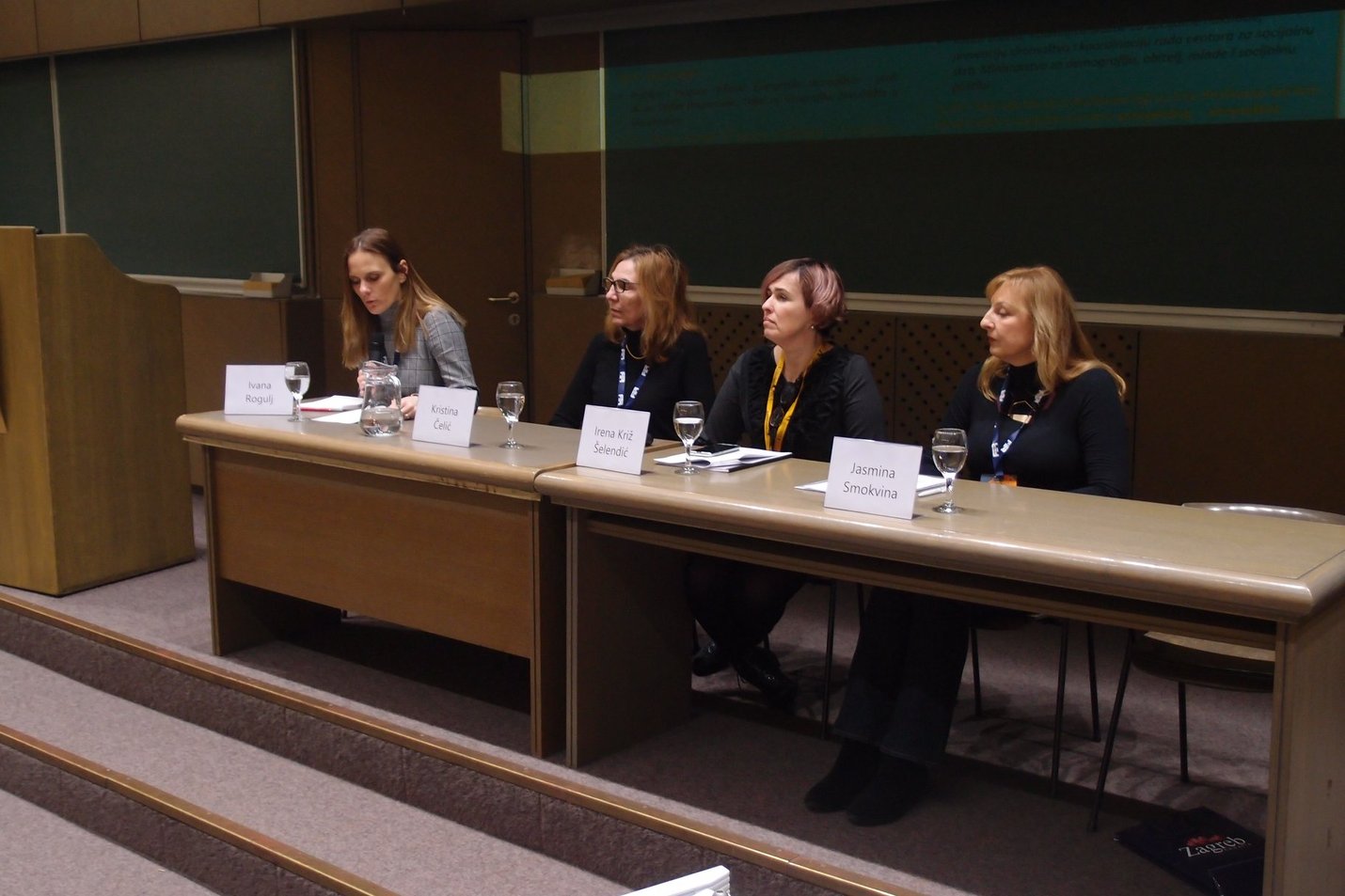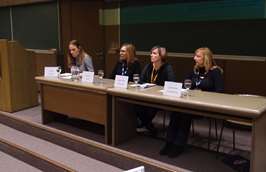15.01.2020.
The project “Fair solutions for better community (FER)” conference hosted by the Society for Sustainable Development Design (DOOR) gathered more than 100 representatives of institutions, units of local self-government, ministries, higher education institutions, associations, companies, and experts in the fields of tackling energy poverty and service-learning, in order to jointly try to find the answer to the question of whether the community can offer the solution to the problems such as energy poverty.
One of the leading world experts on this topic, prof. Stefan Bouzarovski from the Manchester Urban Institute at the University of Manchester, pointed out in his introductory lecture that energy poverty had to be regarded not just in terms of income, but in terms of access to energy services, and that the number of citizens falling in the category of energy poverty was significantly larger than the number poor in general. The approach to resolving the problem should also entail the integration of energy, health and social policies, including the solutions such as increasing energy efficiency of the residential sector, along with the well thought-through climate and energy policy.
One of the participants in the panel on policies on and solutions to energy poverty was Jasmina Smokvina, project manager at the Environmental Protection and Energy Efficiency Fund, who announced that the energy renovation programme of family houses would restart shortly. “The new component of the next Public Call of the Fund will be a special programme for vulnerable groups of citizens, for which the Fund has allocated 24.8 million kunas,” said Mrs Smokvina, explaining that the Fund will fully cover the cost of energy renovation for these groups of citizens. “The award criteria will be elaborated in cooperation with the social welfare centres that will prepare the priority list of their users. Energy renovation of houses of social benefits users will be co-financed with the aim of not only reducing the costs, but also improving living conditions. These groups of citizens quite often do not live in adequate conditions, thus generating additional costs for the health care and pension systems. In the process of applying for funding and in the renovation process itself, they will have guidance by energy auditors, who will be paid HRK 10,000 per user by the Fund,” explained Ms Smokvina, adding that the maximum amount of co-financing was HRK 236,000 for installing thermal insulation, window replacement, and installing the RES system.
In the panel discussion with the representatives of the public health institutions, towns, and non-governmental organisations, an attempt was made to find the answer to defining the energy poverty criteria and collect data. In around 60% of local self-government units, social benefits to cover the costs of living are paid out on a regular basis, amounting to HRK 72 million/year at national level.
The best practice examples dealing with energy poverty in relation to service learning were presented at the conference, such as fieldwork of the students at FER. The students performed energy audits in energy poor households, and helped to improve energy efficiency by installing different smaller equipment. At the same time, they analysed the data and prepared proposals for measures and policies for the City of Zagreb.
In the panel on service learning, a discussion on the topic of participation of students of technical sciences in socially beneficial projects was initiated, so the lecturers at technical faculties presented the ways in which the students were working with the citizens, in particular with the vulnerable groups. Some interesting projects include students developing applications assisting disabled persons, or holding STEM training lectures for schoolchildren. It was emphasised that the greatest motivation for the students was their desire to work with vulnerable groups of citizens and for their work to be concrete, put to practice and helpful.
The project “Fair solutions for better community (FER)” has been implemented since March 2018 and will close in March 2020, in the partnership of the Society for Sustainable Development Design (DOOR), the Faculty of Electrical Engineering and Computing, the University of Zagreb, and the City of Zagreb – City Office for Social Protection and Disabled Persons. The most important results of the project include the proposal of measures and policies for tackling against energy poverty in the City of Zagreb in a sustainable manner, and designing a course on service learning at FER.







